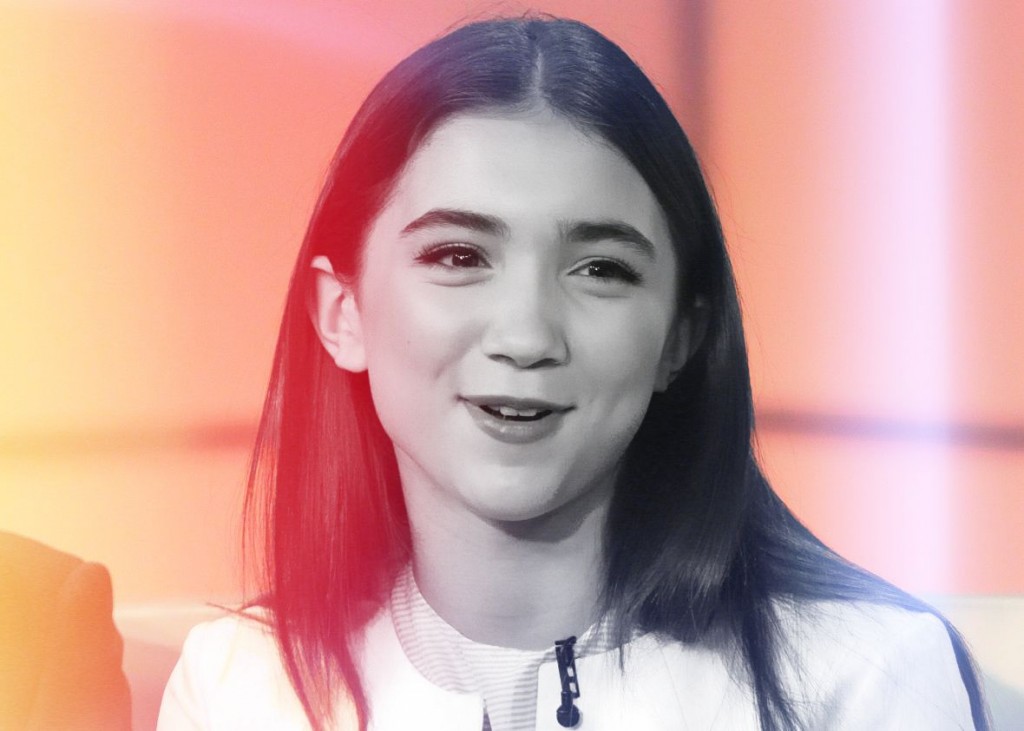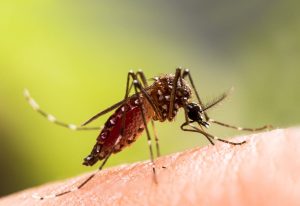WE LIGHT UP WHEN WE HEAR IT: another young star comes out as a feminist.There are cheers and pats on the back to go around, and the younger she is, the better. These girls — some of them barely even teens, like Girl Meets World‘s 13-year-old Rowan Blanchard — give us hope for the future generations, letting us know our work as educators and examples has not been in vain.
Then it happens. One of them makes an ignorant remark. Maybe it’s ageist or ableist, among the more indiscernible forms of harmful discourse. More likely, the starlet in question has made a slut-shaming, tone-deaf, or diet-racist statement.
Whatever it is, it ushers in a sea-change so abrupt you’d think Moses had made an appearance. Suddenly, the fresh-faced young woman who was quickly becoming America’s feminist sweetheart is vilified as ignorant and backward. The good things she may have done or said in the past are now all but wiped away, tainted by a single remark.
And the star who made the questionable comment? She’s left out in the cold. Gone are her feminist and diverse supporters. Good, you may be thinking. She doesn’t need our support. Feminism is about intersectionality, and she doesn’t understand that. She’s just a fake feminist.
If this sounds like you or someone you might know, trust me: I understand where you’re coming from.
It’s only natural, in our call-out culture, to want to point out harmful attitudes and ignorant comments when we encounter them. But it isn’t always helpful to do so, especially when our call-outs become abusive. And although it’s entirely legitimate to dress down fully adult individuals — and mature feminists — for ignorant episodes, it really is not in any way constructive to attack young feminists for their missteps. But let’s talk about why.
These young women occupy precarious spaces.
Fame is fickle, OK? The natural selection process for celebrities is more unforgiving than it is for the rest of us. It’s Social Darwinism, but left unfettered and balanced on a very small, steep, sliding scale.
The general consensus is that celebrities aren’t really people. They’re more like objects or concepts — When someone asks if you like Taylor Swift, do they mean the woman or the music? — and they have too much money for anyone to really pity them.
But celebrities are actually real. There are living, breathing people reading the mean tweets you send, even if you think the controversial subjects you’re addressing won’t ever lay eyes on them. And before you say your comments can’t do any harm, think about it: is a young woman, who is always one step away from becoming obsolete, in the right frame of mind to contextualize and rationalize your comments? More importantly, can she learn anything, in that space, from someone who is screaming insults at her?
Attacks on the young celebrities we perceive to be anti-feminist — or, at least, anti-intersectional — aren’t just unkind, then. They’re pretty much useless.
They aren’t mature feminists.
This might come as a surprise to some people, but most young women haven’t read bell hooks, or Angela Davis, or Judith Butler. Sometimes, their only exposure to feminism comes from Tumblr and Instagram. Although both those social networks have thriving feminist communities, you can’t expect anyone to read broadly and deeply from them. And in a movement with such a long history, trying to figure out where to start reading can be discouraging.
When someone who only proclaimed herself a feminist a few months ago makes an ignorant comment, it’s exactly that: ignorance. Most likely, she doesn’t understand how or why her statement plays into a history of violent oppression. While we should absolutely expect better from someone like Rosie O’Donnell, it just isn’t reasonable to assume that a teen or twentysomething will have the cultural knowledge that she should have as a fully-functional adult.
Note that I said should have. We cannot, in good conscience, allow these young women to continue in ignorance, but our approaches need to be tailored as teaching moments when possible. It’s our responsibility, as more mature feminists, to nurture feminism in younger women.
Your behavior could be the only feminism anyone ever sees.
I’m using sort of a religious analogy with that heading there, but I think it’s justified. See, when people like Amandla Stenberg or Miley Cyrus comes out as feminists, they’ve just set thousands of young girls on the path toward finding their own feminism. That’s huge.
Great power comes with great responsibility, however, and we must hold young feminists accountable for their moments of ignorance. But when those little girls see their favorite feminist attacked on social media for — what they see as — no reason by a feminist lynch mob, do you really think they feel encouraged to continue researching feminism? I don’t see how they could.
Nurturing young feminists and keeping their ignorance in check is a fine balance, but we absolutely have to strike it.


-300x200.jpeg)









-300x241.jpeg)




